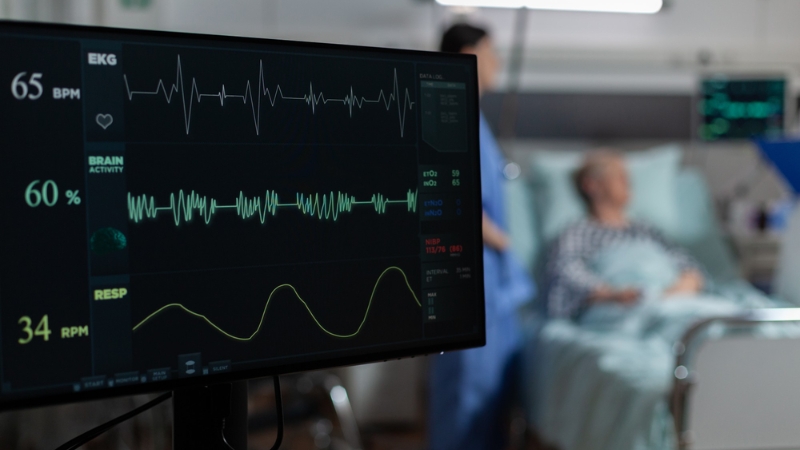Critical Care and Monitoring Care"Vigilant Oversight for Intensive Medical Support."

We specialize in Critical Care and Monitoring as part of our round-the-clock Emergency Care, giving those in critical circumstances intensive medical care and ongoing monitoring. Our services are tailored to provide patients in critical health conditions with skilled medical solutions, advanced monitoring, and vigilant care, as we recognize the complexity of critical care circumstances. This section will discuss the importance of critical care and monitoring, the conditions it treats, possible issues, and the unique qualities that set us apart as a dependable and trustworthy supplier of first-rate emergency medical services.
What Is Critical Care and Monitoring Care?
People who are experiencing serious health crises or conditions that could endanger their lives are given specialist medical treatment known as monitoring care or critical care. This all-inclusive care strategy includes ongoing support, interventions, and monitoring to guarantee the patient's crucial health status stabilizes and improves.
Why Is Critical Care and Monitoring Necessary?
- Life-Threatening Conditions: When people suffer from situations that could endanger their lives right away, like severe trauma, organ failure, or urgent medical emergencies, critical care becomes necessary.
- Close Monitoring: Constant observation of vital signs, organ function, and other important factors enables early detection of changes and fast action.
- Specialized Interventions: Modern medical equipment and highly qualified medical staff in critical care units enable them to offer personalized interventions catered to each patient's unique needs.
Possible Risks:
Critical care is essential for stabilizing patients in life-threatening situations, but there are hazards associated with it as well. These risks include infections, consequences from intense medical treatments, and the severity of the patient's underlying medical condition. The critical care team takes great care to manage these hazards.
Key Components of Critical Care and Monitoring Care:
- Continuous Monitoring: Heart rate, blood pressure, oxygen saturation, and other vital indicators are constantly tracked to identify any departures from normal limits.
- Advanced Life Support: Advanced life support systems, like as ventilators and other medical equipment, are installed in critical care units to offer prompt help in the event of cardiac or respiratory failure.
- Multidisciplinary Team: To deliver all-encompassing treatment, a group of highly skilled medical experts works together, comprising intensivists, nurses, respiratory therapists, and other specialists.
- Individualized Treatment Plans: Each patient's treatment plan is customized to meet their personal needs, taking into account their reaction to interventions, underlying medical conditions, and critical condition.
Our Critical Care and Monitoring Care programs are intended to give people with serious health issues prompt, specialized attention. Throughout the critical care journey, the committed team of healthcare experts is dedicated to providing optimal treatment and support. Our healthcare professionals can help you with any questions or for further information.
Top Asked Questions and Answers:
FAQ (Frequently Asked Questions):
+91-9144411108
Emergency Cases

